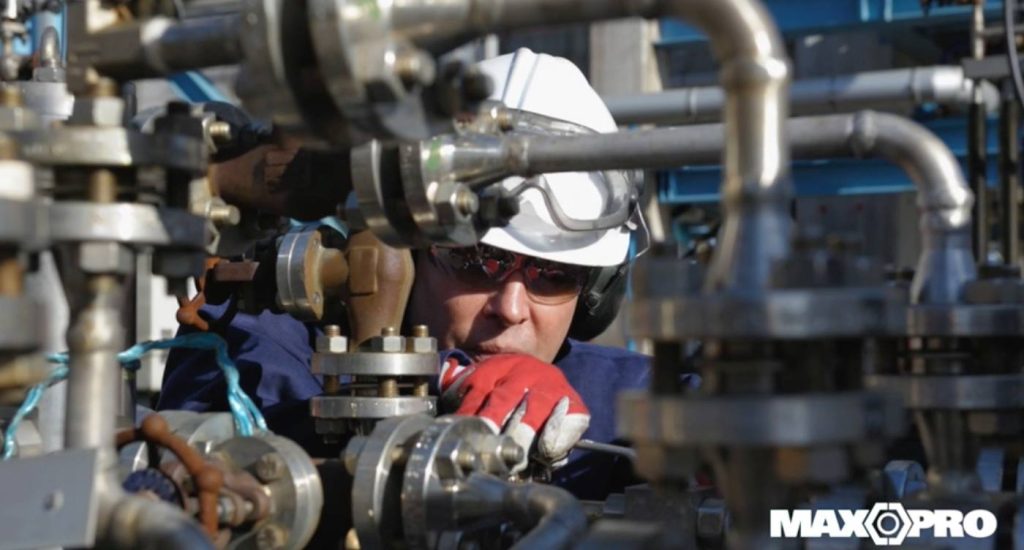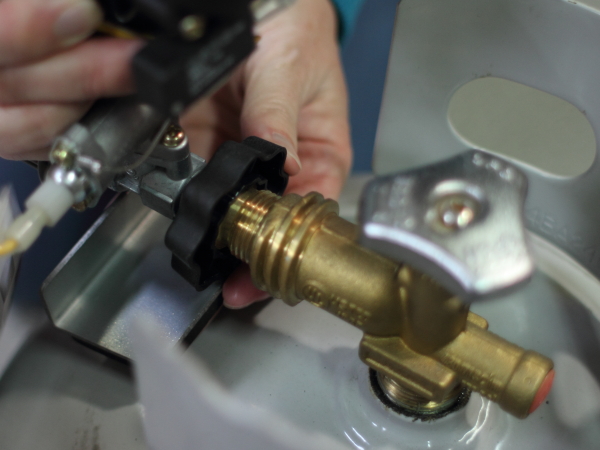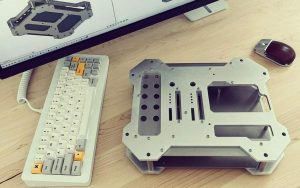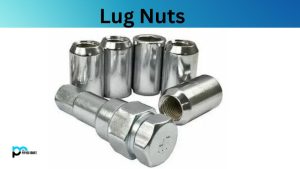Wrenches are essential tools in both professional and DIY settings, providing the leverage needed to tighten or loosen nuts and bolts. With various types available, understanding the differences and applications can significantly enhance your efficiency. In this guide, we will explore the types of wrenches, their uses, and important considerations when selecting the right one for your tasks. Additionally, we’ll touch upon related materials like geonets, which are often used in construction and landscaping.
What are the different types of wrenches available?
There are several types of wrenches, each designed for specific tasks. Common types include:
- Open-end wrenches: Ideal for quick access to nuts and bolts.
- Box-end wrenches: Provide a secure grip on fasteners, reducing the risk of slipping.
- Adjustable wrenches: Versatile for various sizes of nuts and bolts.
- Socket wrenches: Useful for torque applications, often used with a ratchet.
- Torque wrenches: Specifically designed to apply a predetermined torque to fasteners.

How do I choose the right wrench for my project?
Selecting the right wrench depends on several factors:
- Type of fastener: Determine whether you need an open-end, box-end, or socket wrench based on the shape and size of the fastener.
- Space availability: If you’re working in tight spaces, a ratchet or a slim profile wrench may be necessary.
- Material and finish: Look for durable materials like chrome vanadium steel for longevity, and consider a non-slip grip for ease of use.
Can I use a wrench on geonet applications?
Yes, wrenches can be useful in applications involving geonets, particularly during installation. Geonets are used in various civil engineering applications, including drainage systems and erosion control. Wrenches may be needed to secure fittings and connectors that interface with geonets, ensuring a tight and secure installation.
What are some maintenance tips for wrenches?
Proper maintenance can extend the life of your wrenches:
- Clean after use: Wipe off dirt and grease to prevent corrosion.
- Store properly: Keep wrenches in a dry place, preferably in a toolbox or organizer to prevent damage.
- Inspect regularly: Check for wear and tear, such as cracked or deformed jaws, and replace if necessary.
Wrenches are fundamental tools that come in various types, each suited for different tasks. By understanding the specific uses and selecting the right wrench, you can improve your project outcomes significantly. Additionally, when working with materials like geonets, having the right tools is crucial for achieving secure installations. Regular maintenance will help ensure that your wrenches remain in optimal condition, ready for any job.



